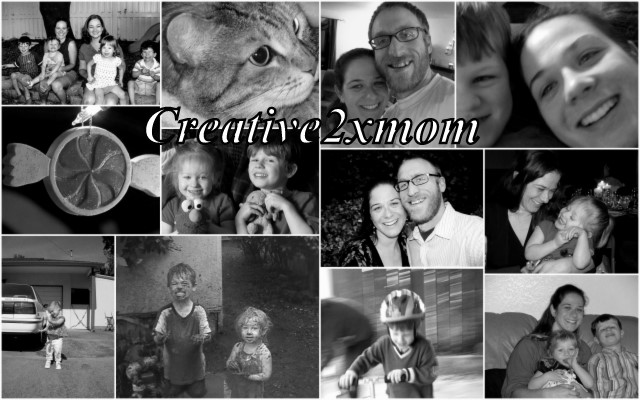Chapter 8: Embracing Biblical Methods: Communication
Tripp breaks down biblical discipline to two elements: communication and "the rod." Chapters 8-10 will deal with communication. He feels that communication is so important because it teaches your child to understand his own emotions. Come to think of it: how can we expect our children to understand their emotions if we don't help them?
Tripp provides several dialogue examples. One includes the parent asking the child this question:
"Why did you hit your sister?"
"I don't know."
This is a typical response from my toddler and makes sense. He doesn't understand his emotions so how can I expect him to control them?
These are some highlights from the chapter:
- Communication is a dialogue, not a monologue.
- "You must engage your child to understand what is going on inside" pg 77.
- "Your question in correction is this: 'What is the specific content of the abundance of the heart in this circumstance?'" pg 77.
So what do you think? It gave me a lot to think about in how I communicate with my son. How can I expect him to understand his emotions without guiding him in self-reflection? And although I haven't fully expected this of him, have I made much effort in disciplining him in this area?
Questions for discussion:
2. What should be your first communication objective in responding to a problem with your children?
3. What are five or six good questions for drawing out what your child is thinking or feeling?
4. What changes would you have to make in your conversation style if you were going to have a conversation like the second example about the new sneakers?







No comments:
Post a Comment